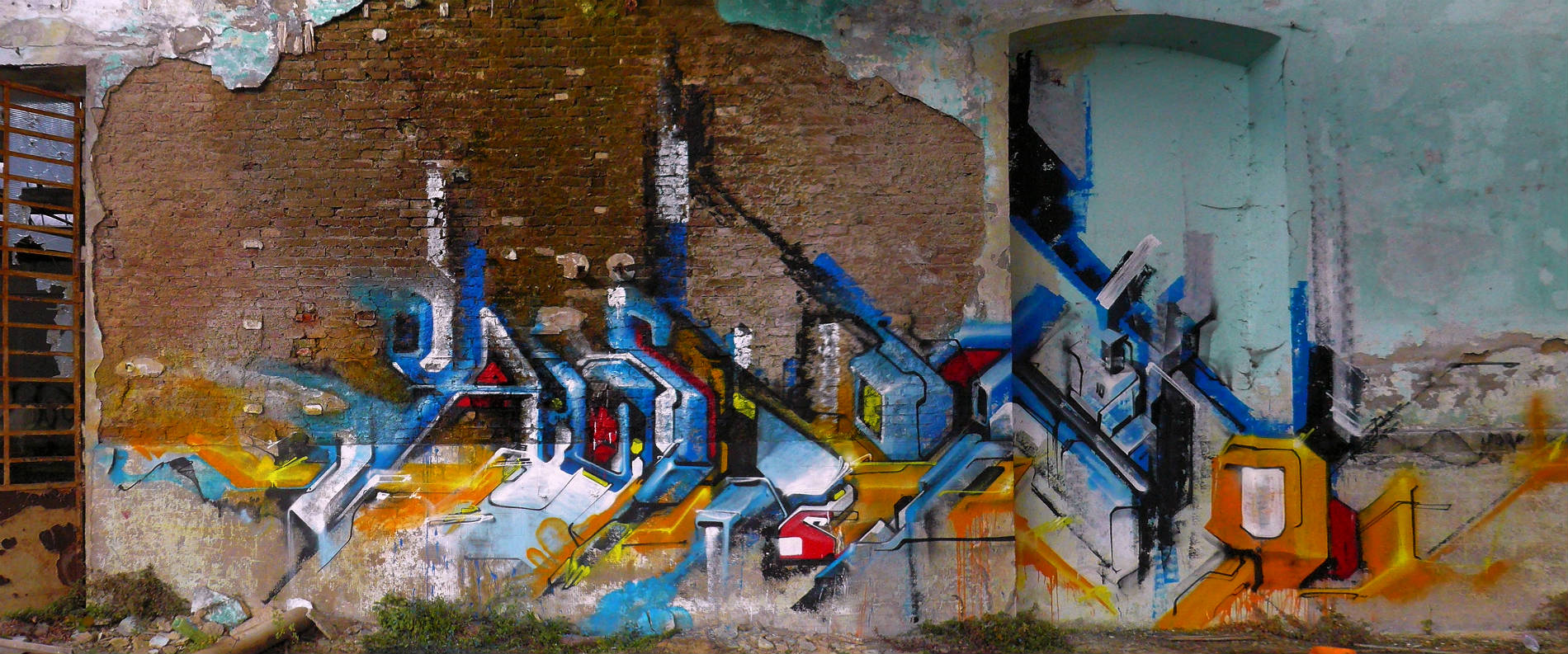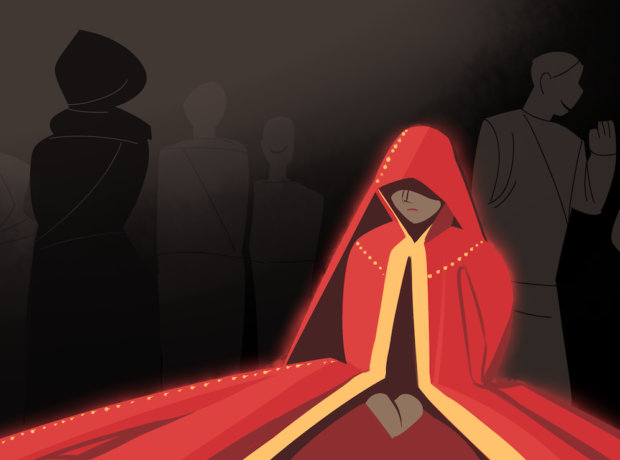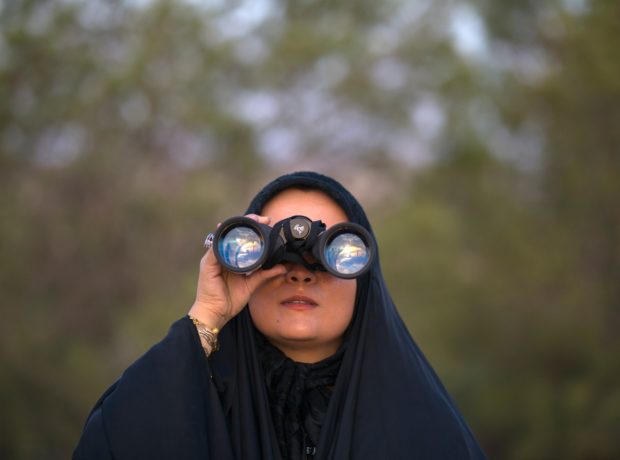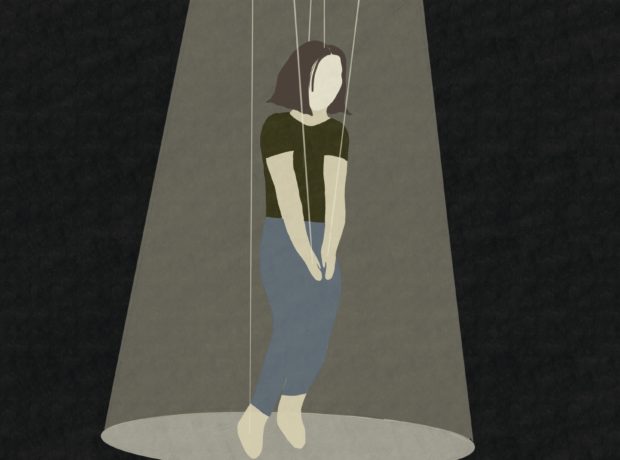At the heart of the theme of ‘austerity’ is the injustice that it is the most vulnerable who are most affected by government cuts. The founding principles of human rights are equality and dignity, and poetry can be a powerful storytelling tool for showing the neglect of these core values.
Poets published in the Human Rights Consortium and Keats House Poets anthology ‘In Protest- 150 poems for human rights’ (2013) explored austerity by depicting homelessness, begging and the flaws in the economic systems which leaves so many behind. Poverty is relative to each country, but the scenes you’ll read about in the following poems relate to global cross cutting issues. When selecting poems which would eventually get published in our ‘Equality’ and ‘Workers’ chapters- co-editors Anthony Hett, Helle Abelvik Lawson and I were looking for writing which was respectful, balanced and vivid, and which had a Human Rights Based Approach.
Our first writer is Kate Noakes, a Welsh Academician living in Paris whose fourth collection is I-spy and Shanty (2014) from corrupt press. In ‘The Mattress’ she writes in the voice of a homeless migrant worker and uses a fragmented structure to both show the daily struggles of survival on the streets of Paris and the migrant worker’s broken language. Being able to successfully take on the voice of those she stands in solidarity with is a difficult task, and we see the isolation of a family who have been forgotten by the State’s policies and most of the people who pass them by.
Our second writer takes us to the streets of Kolkata. Srinjay Chakravarti lives in India. He is an award winning poet, who also works as a writer, translator and journalist. Here, we see a poem written in a journalistic style and inspired by an article that shares the title of the poem ‘Free Lunch’- about a government food distribution system for the most vulnerable that fails to support people adequately. The poem shows the strict social structure and how the fickle charity of business men is relied on more than any system to help people out of poverty. The tactile imagery of a hand full of rice helps us think about power structures and survival.
The last poem takes a satirical global perspective on the capitalist system, which by its very nature seems incapable of supporting equality. Yujing Liang is a poet and translator who studied American literature at Wuhan University, and is currently working as an English teacher in China. In his poem we see currencies personified, corruption explored with cynical humour and the crucial question of corporate responsibility for human rights is raised through the final image of sweatshops where workers struggle through gruelling 15 hour days. Yujing uses vibrant descriptions to show us the greed and ruthlessness that money can inspire, and also how hopelessly addicted society is to it- making us wonder if even benevolent austerity measures stand a chance.
Photo by v3rbo
The mattress by Kate Noakes
we found thrown out on street
it difficult shape weight
we not move every day
only when police say
it was clean park dust
chalk concrete cover us
grubby I try I try
make home under sky
Luca works casual
cash wash up usual
food food is all we think
days nothing hot drink
we fit it all sleep here
little ones so small hear
how long how long for
hard making home in door
some people kind kind kind
wake up morning coins find
baker left over bread
full dream fills belly head
angry shopkeepers mean
shout at us throw things scream
kids scared don’t know ask why
making home under sky.
Free lunch by Srinjay Chakravarti
You’ll find them waiting everyday
at the Toll Gate near Farmers’ Bridge
in Bengal’s Burdwan town
for a free lunch
at five in the morning.
They have to live off the crumbs
from the high table of the Green Revolution –
crones and doddery old men, derelicts,
a few urchins, and local scavengers.
When sealed sacks of rice are brought in
by peasants and sharecroppers
from the nearby villages,
they gather around quietly, gratefully,
right behind the traders and middlemen.
The farmers poke thin metal needles
into the jute sacks, just enough
to extract handfuls of the cereal.
The wholesaler scrutinises each morsel,
tasting it, smelling it, rubbing it;
if he likes it, a deal’s on –
otherwise, better luck elsewhere.
But what happens to the sample
that’s lying on the buyer’s palm?
He doesn’t need it any more,
nor does the peasant.
Yet each grain
is worth its weight
in every milligram:
it all adds up
to a square meal.
For the starving poor,
handfuls of debris are enough
for a day’s sustenance.
That’s why they gather at the bus stand
even before daybreak,
queuing up for the twenty-odd grams of rice
which trickle into the hands of the buyers.
Through the morning,
the suppliants slowly fill up
their plates with their rations:
inadvertent alms
from the daily grind
of the un-free market
and its warped economics.
To money by Liang Yujing
Money you entered my soul early, earlier than I could speak earlier than I learned to stand, to walk and to kick.
Among the junk the elders put before me to test my potential
I chose you, grabbing you tight with my tiny fists – an omen that I’d be rich, a moneybags, though I was then an infant. How do I feel now, a poor teacher who is writing an ode to you? Irony, but that is life. You are still the favourite of my life.
You transform from place to place – in America you’re a herd
of wild bucks galloping from Wall Street to banks to companies
to hospitals, with their robust horns against people’s throats;
in England you drag your billions of pounds across Thames, so heavy a weight that almost breaks the back of London Bridge, which is falling down, every child knows; in Europe you use the pseudonym of euro, in Japan you are yens we yen for, and in China, in China you turn to RMB, People’s Money, only a few people’s –
and can be anything – a knife, a shield, a round coin with
a square hole at the centre, a stone, a seashell and even a dog tooth. Now you’re a full basket of waste paper, or a hollow number in my bank account, but gold, gold, gold is your eternal color – you shine like the sun into the darkest souls of the world. Everybody loves you, while they tag you dirty, those Tartuffes!
You are indeed dirty: a virginal bank lady who went to toilet without washing her hands got gonorrhea, all because of you.
Yes I love you too, like anyone else, who wants to make you but is made by you, with ambition to tame you yet is tamed by you. Almighty Mammon, I know you’re a jealous god
that only gives prosperity to those who solely believe in you. But can’t you see? In Canton, forty thousand of broken fingers are scattered along the Pearl River, fingers of the workers
who toil from dawn to night, 15 hours a day, in the sweatshops. They save you all their lives, but why don’t you save them?



